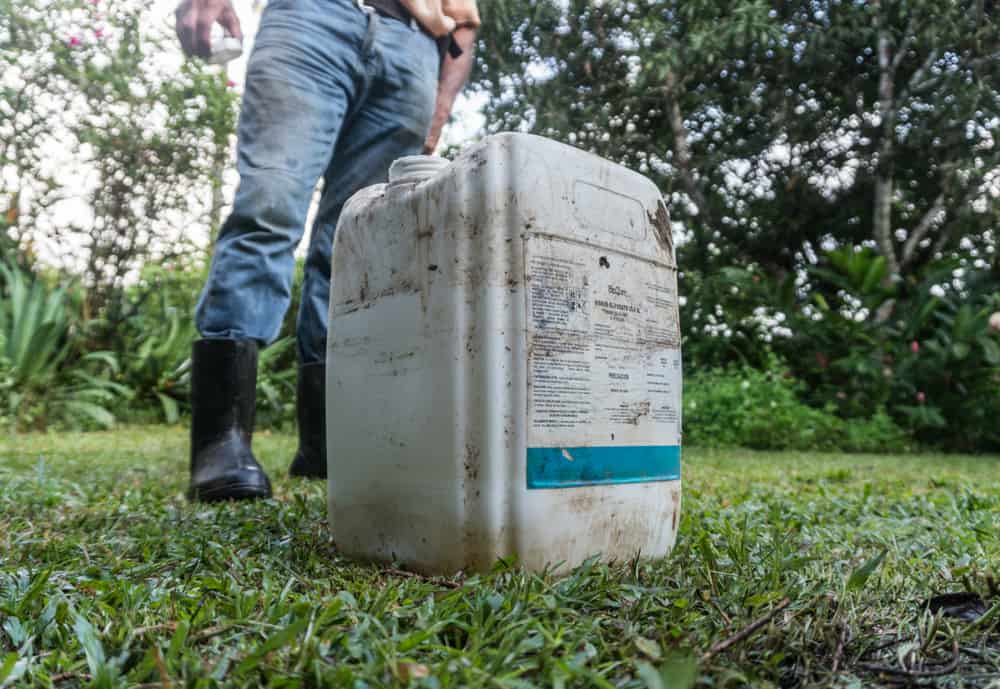Costa Rica’s Health Ministry on Tuesday released a statement to “reiterate the prohibition of use of industrial herbicides in spaces of human coexistence.”
The news comes two weeks after more than 20 people — most of them children — suffered from agrochemical poisoning in San Juan de Florencia, Alajuela.
“We have responded to complaints about the use of herbicides such as glyphosate on sidewalks — even used by municipal officials,” said Eugenio Androvetto, Director of Environmental Protection Human of the Health Ministry, in Tuesday’s statement.
“Based on this type of situation, we have turned the respective sanitary orders to prevent their misuse, giving them adequate follow-up, but we need to avoid future misuse and demonstrate their risks.”
According to the Health Ministry, inappropriate agrochemical use can cause “serious affectation to human health.” Symptoms include eye and nose irritation, incoordination, dizziness, nausea and vomiting, trembling and, in serious cases, death.
“We cannot take lightly the risk of using professional or industrial herbicides in environments where people live, circulate, stay, or attend,” Androvetto said. “These types of products can only be applied by people and companies that have an authorization that ensures specialized handling.”
The Health Ministry asks the public to file a complaint against those suspected of misusing agrochemical agents by emailing them at dac.denuncias@misalud.go.cr.
Per capita, Costa Rica is among the world’s leading users of pesticides and herbicides. As a 2015 Semanario Universidad report detailed, the Regional Institute of Toxic Substance Studies (IRET) found that Costa Rica used an average of 18.2 kgs of pesticides per hectare of farmland.






